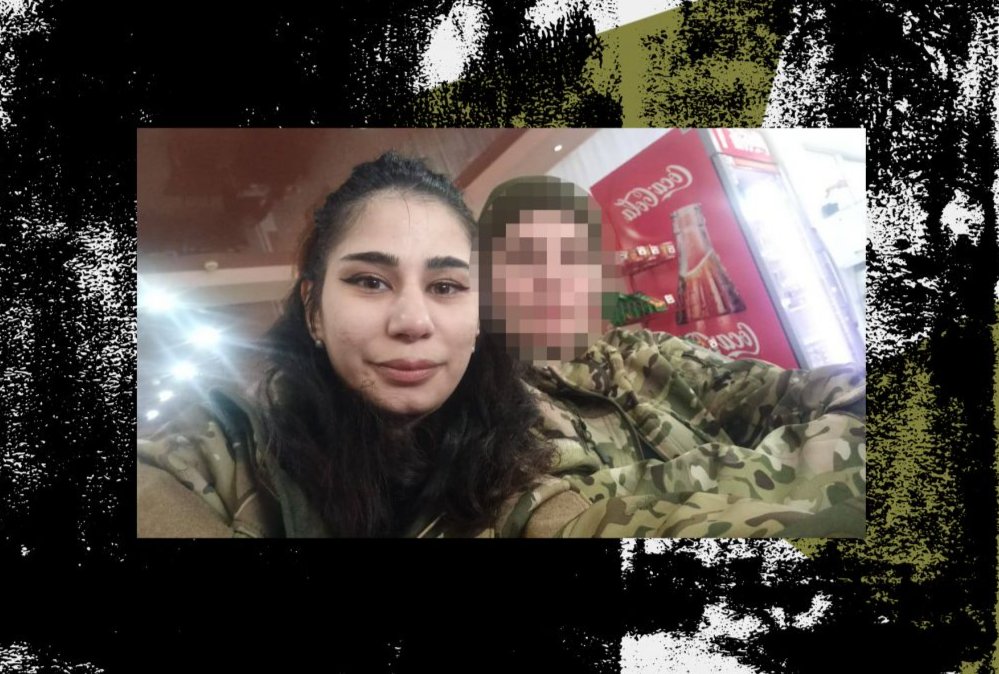




Photo: Vot Tak
A 22-year-old woman from the Russian North Caucasus republic of Dagestan who was convicted of murdering one of her friends late last year has already been released from her eight-year prison sentence after signing a contract with the Russian Defence Ministry to serve in Ukraine, independent news outlet Vot Tak reported on Wednesday.
Milana Murataeva stabbed her friend Amina to death in May after the pair had a dispute, the outlet wrote, and was convicted and imprisoned in November. However, within a month of her sentencing, Murataeva had signed up for the Russian military.
A law signed by Vladimir Putin in March 2024 grants combatants immunity for crimes such as murder, theft, and rape, leading many convicted criminals to volunteer to fight in Ukraine in order to have their charges dropped. An amended version of the law signed by Putin in October allowed defendants awaiting trial the same immunity to prosecution for enlisting in the army.
Murataeva told Vot Tak that she and six other female convicts had been transferred from Makhachkala to Russia’s southern Rostov region, which borders Ukraine, for military training, before being sent to an “underground hospital” in the Russian-occupied Luhansk region where they now work as nurses.
“They bring in people without arms or legs, and we take care of them. There are a lot of wounded. It’s scary,” Murataeva told Vot Tak, adding that while they felt relatively “safe” in the hospital, they were not allowed to go outside, due to the constant risk of drone strikes.
While as female recruits the six women are not at risk of being sent to the frontline, Milana said that male convicts were being used as “cannon fodder” without proper training. “I don’t even know what they’re fighting for … While I was in pretrial detention, three or four men left and never came back. What did they die for?”
